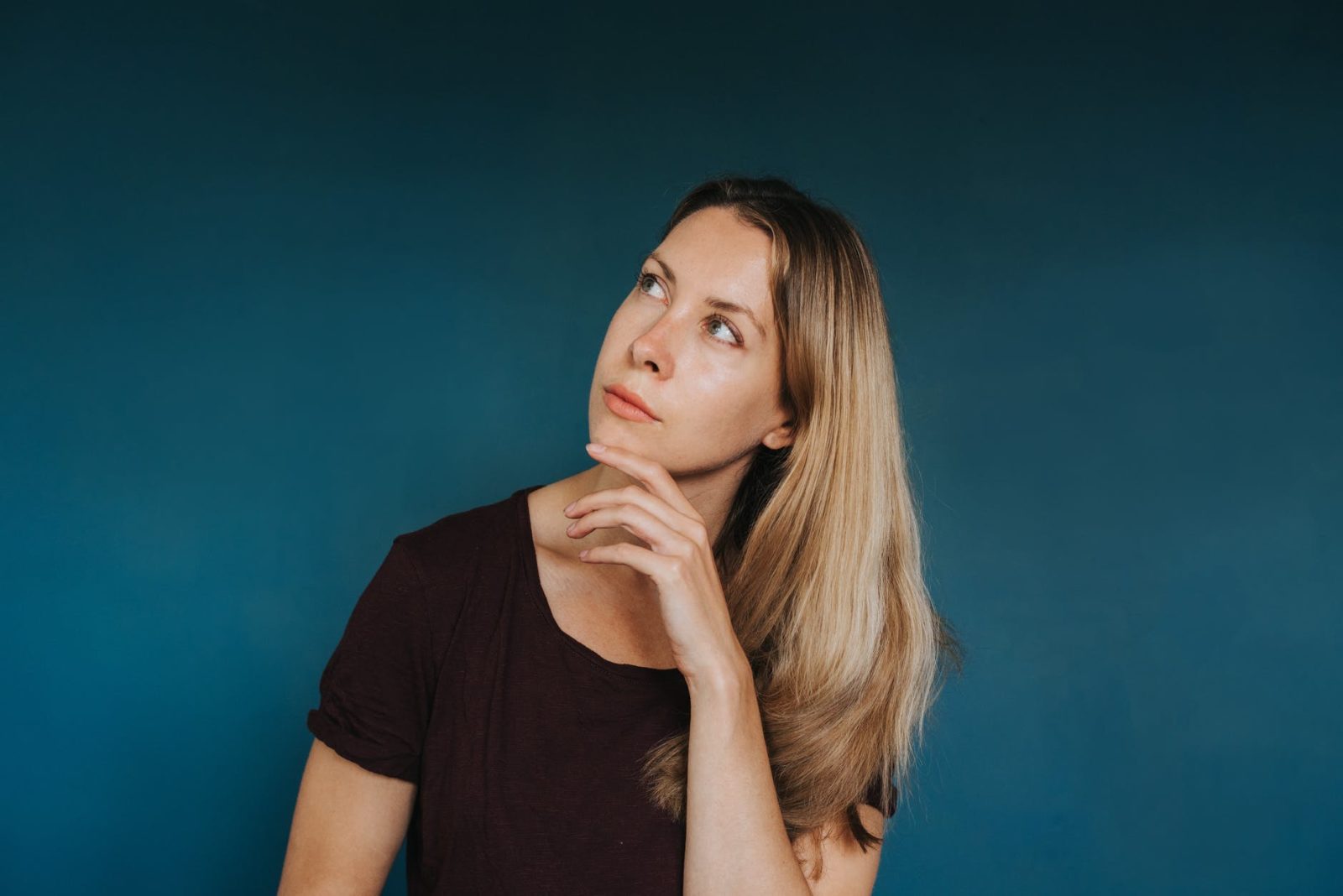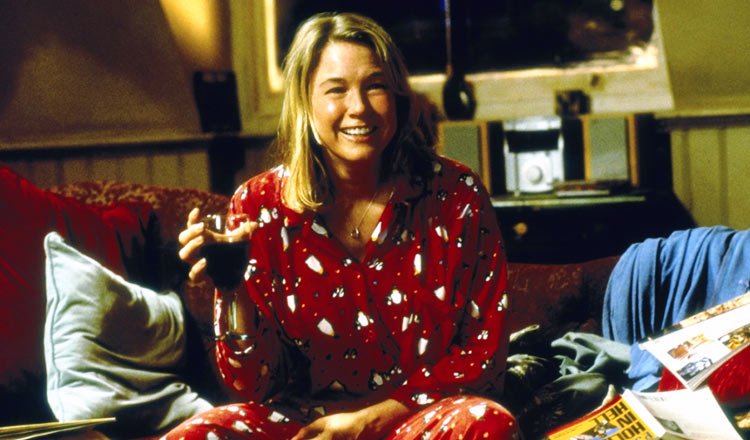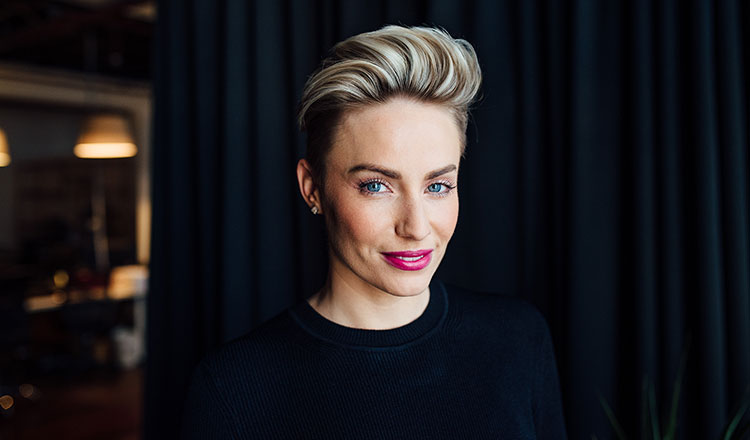For most of my life, I felt different, like I was constantly running a race that everyone else seemed to pace effortlessly. My mind was always on the go—leaping from thought to thought, jumping into conversations before they finished, and battling an internal storm of self-doubt and forgetfulness. I chalked it up to personality quirks, not realising there was a deeper reason behind the struggle.

Everything changed the day my son was diagnosed with ADHD. When the doctor asked if anyone in the family had similar traits, it was like a switch flipped. I saw myself in his experiences—his energy, his impulsivity, his emotional intensity—and suddenly, my entire life made sense.
That moment was both liberating and heartbreaking.
I finally had a name for the chaos, but I also grieved for the years of self-blame, misunderstanding, and frustration. This is my journey—one of discovery, acceptance, and learning to embrace my brain as it is.

Realising My ADHD in My 40s
Growing up, I was the “chatterbox,” the one who couldn’t sit still, who blurted out answers before the teacher finished the question. My parents were often called into school for my “behavioural issues,” and I was labelled “too much.” I wasn’t disorganised because I didn’t care; I just couldn’t seem to manage time the way others did.
Adulthood didn’t make things easier. I struggled with impulsive decisions, emotional overwhelm, and an inability to stick to routines. I felt like I was constantly trying to force myself into a mould that didn’t fit—exhausted from masking my struggles, feeling guilty for things I couldn’t control.
The diagnosis in my 40s was a revelation.
It explained my challenges, but more importantly, it validated my strengths—my creativity, my passion, my ability to see the big picture. Instead of fighting against my ADHD, I learned to work with it.
Why So Many Women Go Undiagnosed
For decades, ADHD has been seen as a “boy’s disorder,” leaving women like me slipping through the cracks.
- ADHD in boys is more visible. While boys are often hyperactive and disruptive, girls tend to internalise their struggles, making them harder to diagnose.
- Women learn to mask symptoms. Society conditions girls to be organised, quiet, and composed—so many of us develop coping mechanisms that hide our struggles.
- Many women are diagnosed late in life. For many, like me, it’s only after our children receive diagnoses that we recognise the signs in ourselves.
The ADHD Gender Gap: The Missing Numbers
- 2.5% of Australian adults have ADHD, but many women remain undiagnosed (RACGP).
- 75% of ADHD cases go undiagnosed (Suicide Prevention Australia).
- When undiagnosed cases are considered, the adult ADHD prevalence could be closer to 10%.
The result? Millions of women live with ADHD without understanding why they struggle, leading to anxiety, depression, and low self-esteem.
With ADHD diagnoses rising in adults—especially women—it’s clear that more people are recognising their symptoms later in life. If you’re curious about the rise in ADHD awareness and what’s driving it, check out this article on ADHD diagnoses on the rise.

The Diagnosis That Changed Everything
I finally sought an ADHD assessment in August 2008.
The psychiatrist explained the three types of ADHD:
✔ Inattentive Type – Forgetfulness, daydreaming, difficulty focusing.
✔ Hyperactive-Impulsive Type – Restlessness, impulsivity, emotional outbursts.
✔ Combined Type – A mix of both inattentive and hyperactive symptoms.
It was no surprise—I was diagnosed with Hyperactive-Impulsive ADHD. Seeing my official diagnosis in writing was surreal. I had spent years battling something I didn’t know existed.
The ADHD Questionnaire That Made Everything Click.
Some of the questions I answered during my assessment hit so close to home:
🔹 “How often do you talk too much in social situations?” (All the time!)
🔹 “Do you interrupt people or struggle to wait your turn?” (Yes, constantly.)
🔹 “How often do you misplace important things?” (Daily.)
For the first time, I had proof that my struggles weren’t personal failures—they were part of my neurodivergence.
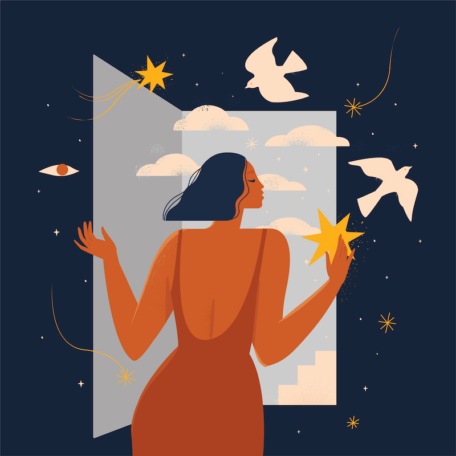
Embracing ADHD: The Challenges & Strengths
ADHD is a paradox—it comes with unique struggles but also incredible strengths.
The Challenges ADHD Brings
🔻 Emotional Intensity – I feel everything deeply—both joy and pain.
🔻 Impulsivity & Regret – Blurting out thoughts, making rash decisions.
🔻 Restlessness & Overthinking – Constant movement, racing thoughts.
🔻 Low Self-Esteem – Years of feeling “not good enough” took a toll.The ADHD Superpowers
✅ Hyper-focus – When I care about something, I dive in 100%.
✅ Creativity & Big-Picture Thinking – ADHD minds make unique connections others don’t.
✅ Resilience & Adaptability – Years of challenges have made me strong and resourceful.
✅ Spontaneity & Humour – My quick wit and fun-loving nature keep life interesting
ADHD isn’t a disorder to be fixed—it’s a different way of thinking.
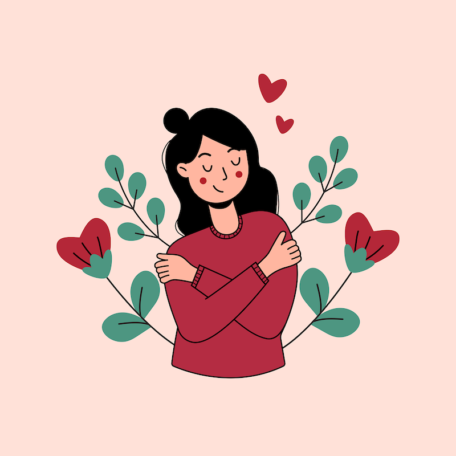
Mastering ADHD: My Favourite Tools for Focus & Balance
1. Journaling: Clearing Mental Clutter
✔ Brain dumps to offload thoughts.
✔ Task lists to break big projects into small steps.
✔ Gratitude journaling to boost self-esteem.
Read more about turning intention into action here.
2. Understanding ADHD & Eating Habits
Many women with ADHD also struggle with emotional eating and impulsive food choices. This is something I’ve personally battled for years. Understanding the connection between mindset, habits, and food has been life changing. I dive deeper into this and also explore practical strategies for avoiding comfort eating in this article.
3. Organisation Hacks That Actually Work
✔ Color-coded calendars & sticky notes – If it’s out of sight, it’s out of mind.
✔ Time-blocking – Scheduling tasks prevents distraction.
✔ Decluttering in Small Steps – 5-minute clean-ups make a huge difference.
For more practical strategies on turning intentions into action and staying organized, check out my blog on How to Bridge the Gap Between Intention & Action.
4. Self-Compassion & Letting Go of Guilt
I have learned to embrace my differences and celebrate my unique qualities. ADHD is not something to fix—it’s a unique way of experiencing the world. Instead of seeing my traits as challenges, I now recognise them as strengths. My creativity allows me to think outside the box, my high energy fuels my passions, and my intuition makes me deeply empathetic.
ADHD has given me resilience, adaptability, and an unstoppable drive—things I now fully appreciate and celebrate.

Wrapping Up: Celebrating Neurodiversity
Getting diagnosed in my 40s was both freeing and heartbreaking. I grieved for the years I spent feeling broken, but I also gained clarity and self-acceptance.
ADHD isn’t a flaw; it’s a unique way of experiencing the world.
To the women reading this who feel “different”—you’re not alone. ADHD isn’t a weakness; it’s part of what makes you, you. Learning to work with your brain, rather than against it, is where transformation begins.
Now it’s over to you..
💡 Have you recently discovered you have ADHD? Let’s start a conversation—drop a comment below!


